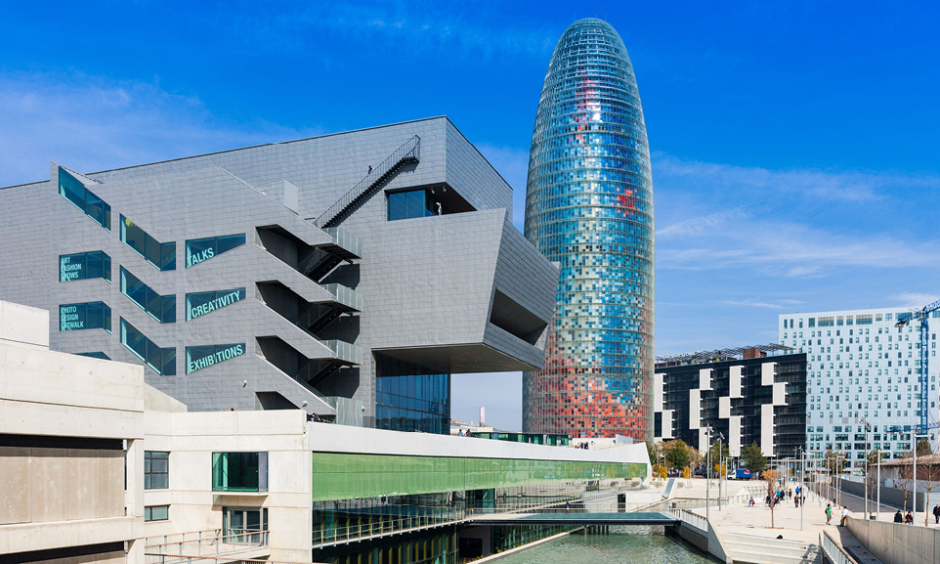The detrimental effect of severe mitral regurgitation (MR) on morbidity and mortality is well established.1 In patients with MR, myocardial inflammation, extracellular matrix (ECM) turnover, and collagen deposition play key roles in the development and progression of myocardial remodelling processes and fibrosis, which contribute to the progression of heart failure.1 Percutaneous mitral valve repair (PMVR) is an interventional treatment option for patients with severe MR, whose risk from open-heart surgery is high.2 In this approach, both mitral valve leaflets are attached with ≥1 clip (MitraClip®, Abbott, Santa Clara, California, USA), resulting in a so-called ‘double-orifice’ mitral valve, which provides an improvement in MR.2 To date, there is no evidence of the beneficial effects of PMVR on myocardial remodelling and recovery processes in patients with severe MR and congestive heart failure, although these processes are of prognostic interest.
This study is the first analysis of the effect MitraClip-based PMVR procedures have on biomarkers for myocardial inflammation, ECM turnover, and myocardial remodelling processes. A 6-month follow-up after PMVR demonstrated that there were no alterations in the matrix metalloproteinase (MMP) levels, indicating an absence of recovery processes in heart failure patients after PMVR. Likewise, the analysis of specific biomarkers reflecting the myocardial inflammatory processes that are pathophysiologically related to ECM turnover, deposition in MR, and heart failure did not provide any evidence of beneficial effects of PMVR on myocardial inflammation in heart failure patients. Furthermore, subgroup analysis of patients according to age, as well as several heart failure-associated comorbidities, such as chronic kidney disease, diabetes, and atrial fibrillation, did not show any evidence of recovery processes at the 6-month follow-up.
Although the MitraClip procedure is safe and feasible in patients who have a high risk for open-heart surgery, valid clinical predictors of overall survival and heart failure, as well as rehospitalisation, have not yet been identified.3 Established clinical risk models for short and mid-term procedural outcomes are generally based on cohorts of patients undergoing cardiac surgery and poorly predict outcomes in patients undergoing interventional procedures, such as aortic valve replacement or mitral valve repair.1,3 In the present study, biomarkers of cardiac inflammation (high-sensitivity C-reactive protein, interleukin-6) and remodelling (MMP-2, MMP-9) as predictors of mortality in patients undergoing PMVR were identified. The predictive value of these biomarkers was even more pronounced in high-risk patients with congestive heart failure and severe reduced left ventricular function. Thus, assessment of biomarkers reflecting inflammatory processes and myocardial recovery may provide helpful information for risk stratification and prognosis in high-risk patients undergoing PMVR.








